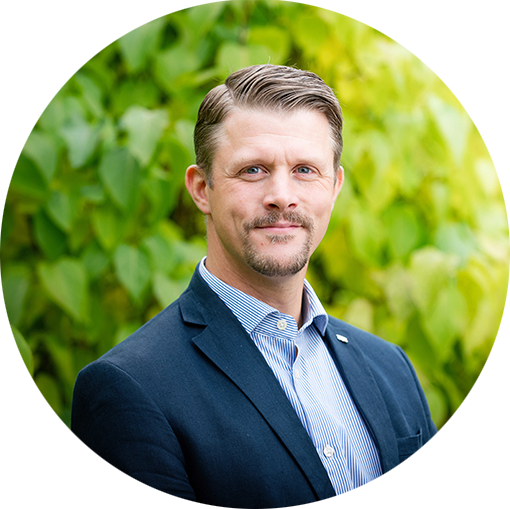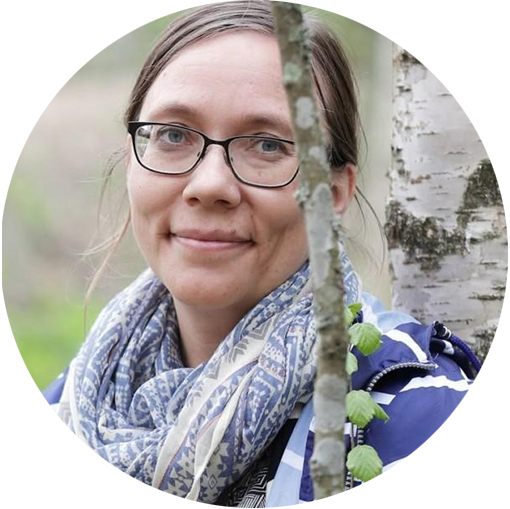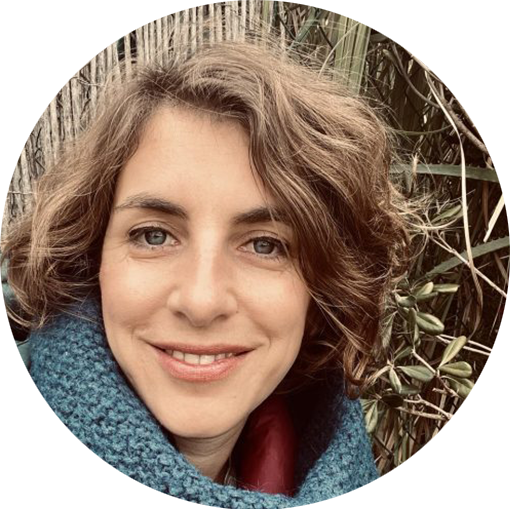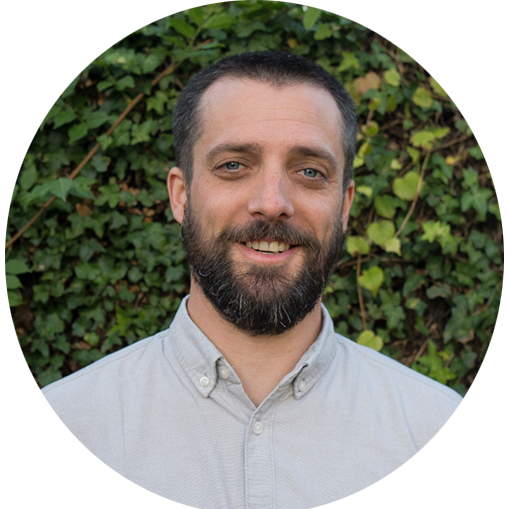
Andreas Nord
Department of Biology, Lund University, Sweden
Dr Nord's research activity is focused on the question of how animals adapt to a changing world, particularly in relation to a warmer and more unstable climate. His research group addresses questions on all levels of inquiry, ranging from classical ecological studies in nature to detailed physiological assessment of heat production, thermoregulation, and cell biology in laboratory settings. This research work is carried out on both birds and insects, from small bees in southern Scandinavia to large birds in the High Arctic; all of which inhabit environments facing a variety of contemporary threats.

Suvi Ruuskanen
Department of Biological and Environmental Science, University of Jyväskylä, Finland
Dr. Ruuskanen's research is at the intersection of environmental sciences and ecological, physiological, and molecular ecology. Dr. Ruuskanen is broadly interested in the mechanisms underlying organismal adaptation to environmental changes, including the role of transgenerational (including maternal and paternal effects) and developmental plasticity. Her research currently has a strong focus on host-microbiome interactions, to understand the causes and consequences of variation in gut microbiome, from molecular mechanisms to evolutionary patterns. These questions are being addressed in avian study systems.

Marta Szulkin
Anthropocene Biology Lab, Institute of Evolutionary Biology, Faculty of Biology, University of Warsaw
Dr Szulkin is the head of the Anthropocene Biology Lab at the University of Warsaw where she focuses her research on evolution and ecology in urban ecosystems. She initiated a long-term study of great tits in a gradient of urbanization in the city of Warsaw. Recently, she has extended her research interests into a broader framework of Anthropocene biology by studying the use of artificial materials such as plastic in the context of the extended phenotype concept in birds and crustaceans.

Nicky Wybouw
TEREC, Department of Biology, Ghent University, Belgium
Dr Wybouw and his lab studies questions in the broader fields of speciation, herbivory, and symbiosis. Within these fields, dr Wybouw studies the molecular-genetic basis of key complex traits such as hybrid dysfunction and xenobiotic detoxification, integrating methods of field, population, and theoretical biology with genomics and genetics. The research of dr Wybouw’s group is centered on arthropods, specifically herbivorous insects and mites. To dissect host-symbiont interactions, we mainly focus on Wolbachia, a common endosymbiont of arthropods that interferes with host reproduction. Finally, dr Wybouw aims to integrate our fundamental insights into translational research for durable agricultural pest control.
W ramach naszego serwisu www stosujemy pliki cookies zapisywane na urządzeniu użytkownika w celu dostosowania zachowania serwisu do indywidualnych preferencji użytkownika oraz w celach statystycznych. Użytkownik ma możliwość samodzielnej zmiany ustawień dotyczących cookies w swojej przeglądarce internetowej. Więcej informacji można znaleźć w Polityce Prywatności
Korzystając ze strony wyrażają Państwo zgodę na używanie plików cookies, zgodnie z ustawieniami przeglądarki.